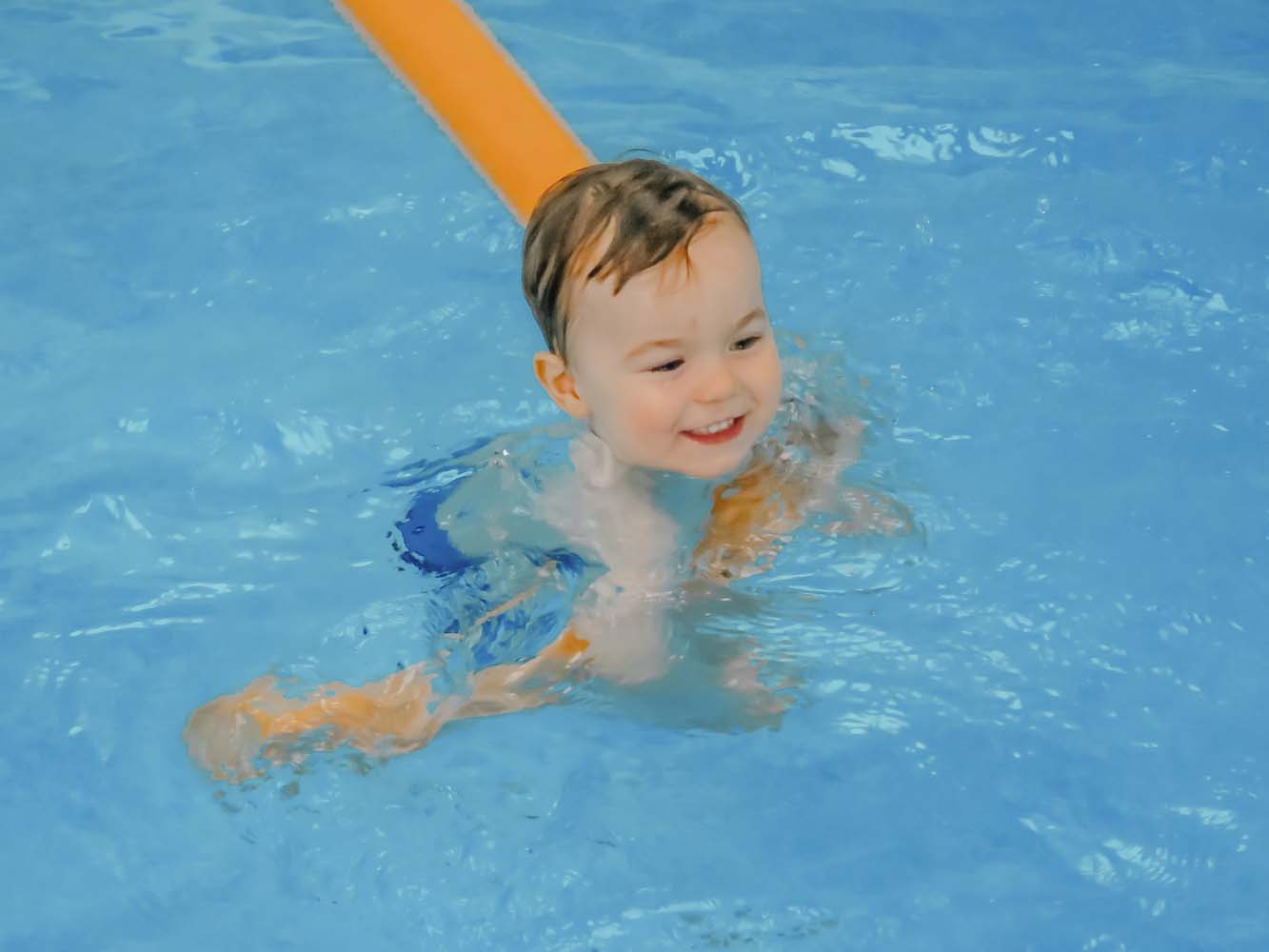As a parent, one of the most important skills you can teach your child is how to swim. Not only is it a vital life skill, but it can also be a lot of fun and a great way for your child to stay active and healthy.
When it comes to teaching your child to swim, it's important to understand that there are different stages of development that they will go through. Each stage requires different skills and techniques, and it's important to master each one before moving on to the next.
In this blog post, we'll break down the stages of learning to swim and discuss the skills your child should master at each stage.
Stage 1: Water Introduction
The first stage of learning to swim is all about getting your child comfortable in the water. This stage is suitable for babies as young as a few months old, and it's all about introducing your child to the water in a safe and supportive environment.
At this stage, your child will learn to:
- Get their face wet and blow bubbles
- Float on their back with support
- Kick their legs
- Reach and grab objects in the water
It's important to take things slow at this stage and not force your child to do anything they're not comfortable with. Encourage them to have fun and enjoy the water, and let them take the lead.
Stage 2: Water Confidence
The second stage of learning to swim is all about building water confidence and helping your child become more independent in the water. At this stage, your child should be able to float on their back and kick their legs with minimal support.
At this stage, your child will learn to:
- Submerge their face and blow bubbles
- Glide on their front and back
- Perform basic arm movements
- Jump into the water and return to the side with support
Encourage your child to practice these skills regularly, and let them explore the water at their own pace. Remember to always supervise your child when they're in the water, and never leave them unattended.
Stage 3: Water Skills Development
The third stage of learning to swim is all about developing more advanced water skills. At this stage, your child should be able to swim short distances on their own, and they should be comfortable with basic arm and leg movements.
At this stage, your child will learn to:
- Swim on their front and back
- Tread water
- Perform more advanced arm and leg movements
- Dive to the bottom of the pool and retrieve objects
Encourage your child to practice these skills regularly, and consider enrolling them in swimming lessons to help them develop their skills further. Swimming lessons can be a great way for your child to learn from qualified instructors and interact with other children who are learning to swim.
Stage 4: Stroke Development
The fourth and final stage of learning to swim is all about stroke development. At this stage, your child should be able to swim confidently and independently, and they should be ready to learn more advanced swimming strokes.
At this stage, your child will learn to:
- Swim using a variety of strokes, such as freestyle, breaststroke, and backstroke
- Improve their technique and speed
- Learn how to turn at the end of the pool
- Build endurance and stamina
Encourage your child to continue practicing their swimming skills regularly, and consider enrolling them in competitive swimming if they're interested in taking their skills to the next level.
Conclusion
Learning to swim is an important life skill for children, and it's something that every parent should prioritize. By breaking down the stages of learning to swim and understanding the skills your child needs to master at each stage, you can help your child become a confident and competent swimmer.
At The Online Swim School, we offer online courses to help parents and carers teach their child how to swim and become confident in the water. Our expert instructors will guide you every step of the way so you and your child can learn safely and have lots of fun together in the water. Our courses are suitable for children from birth to 5 years old, and you can follow our lessons at a convenient swimming pool or on holiday.
If you're interested in learning more about our courses, please get in touch by emailing [email protected]. We look forward to helping you and your child become confident swimmers!
